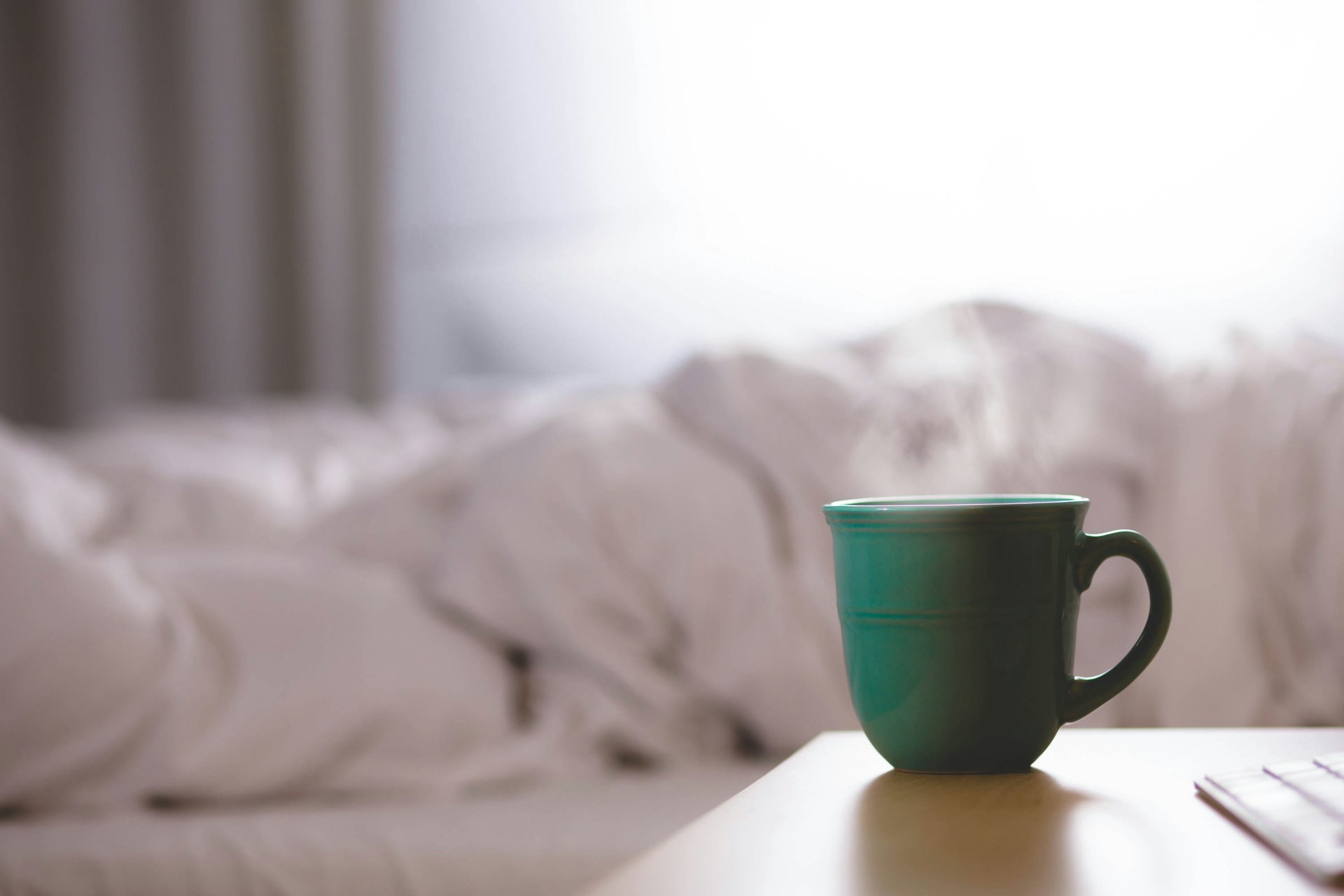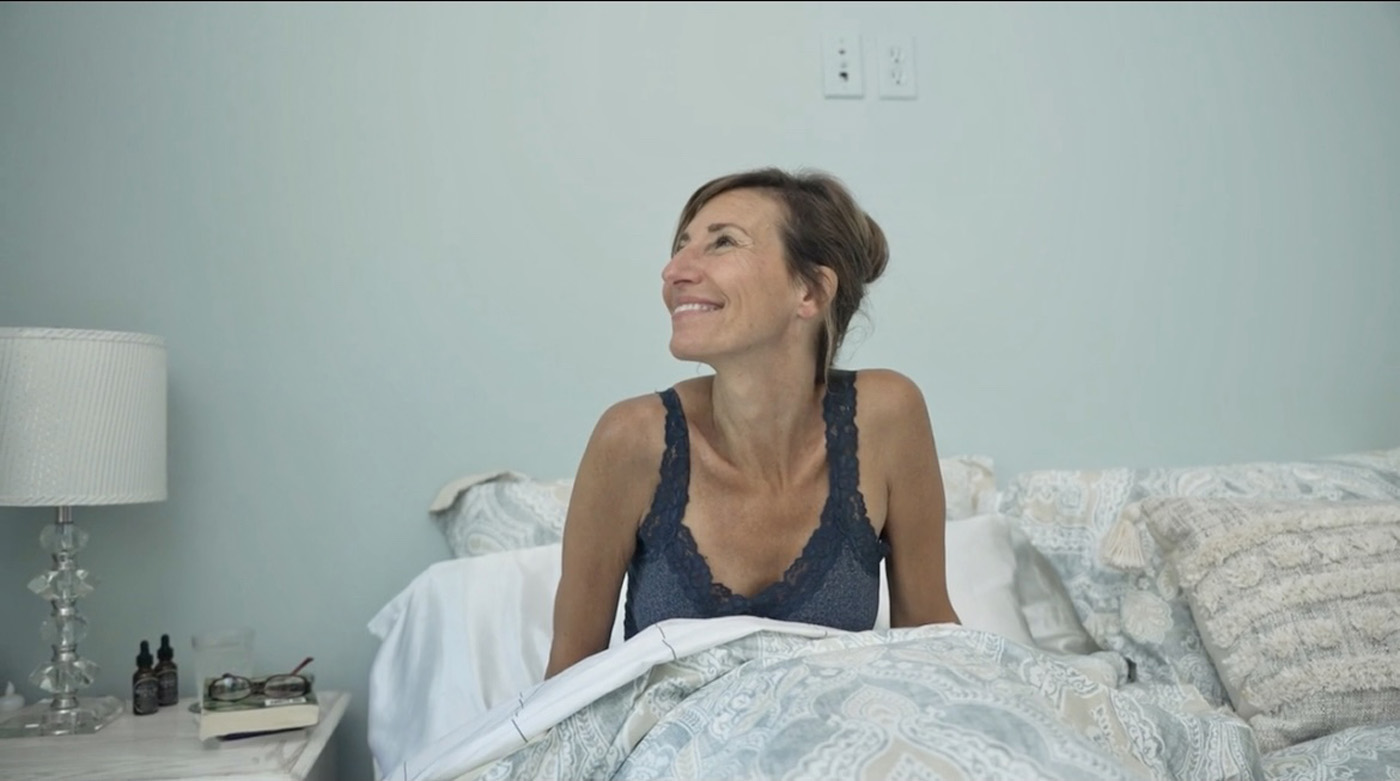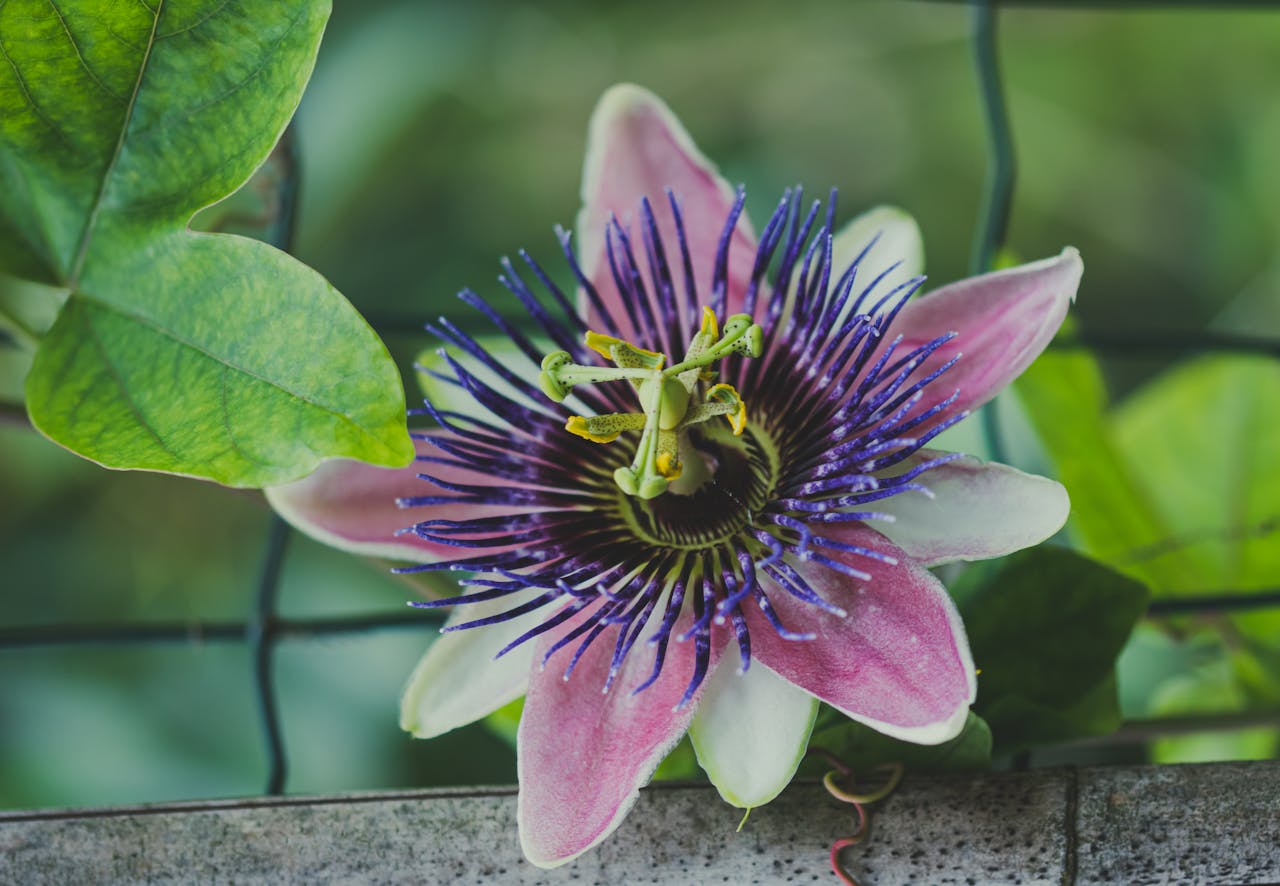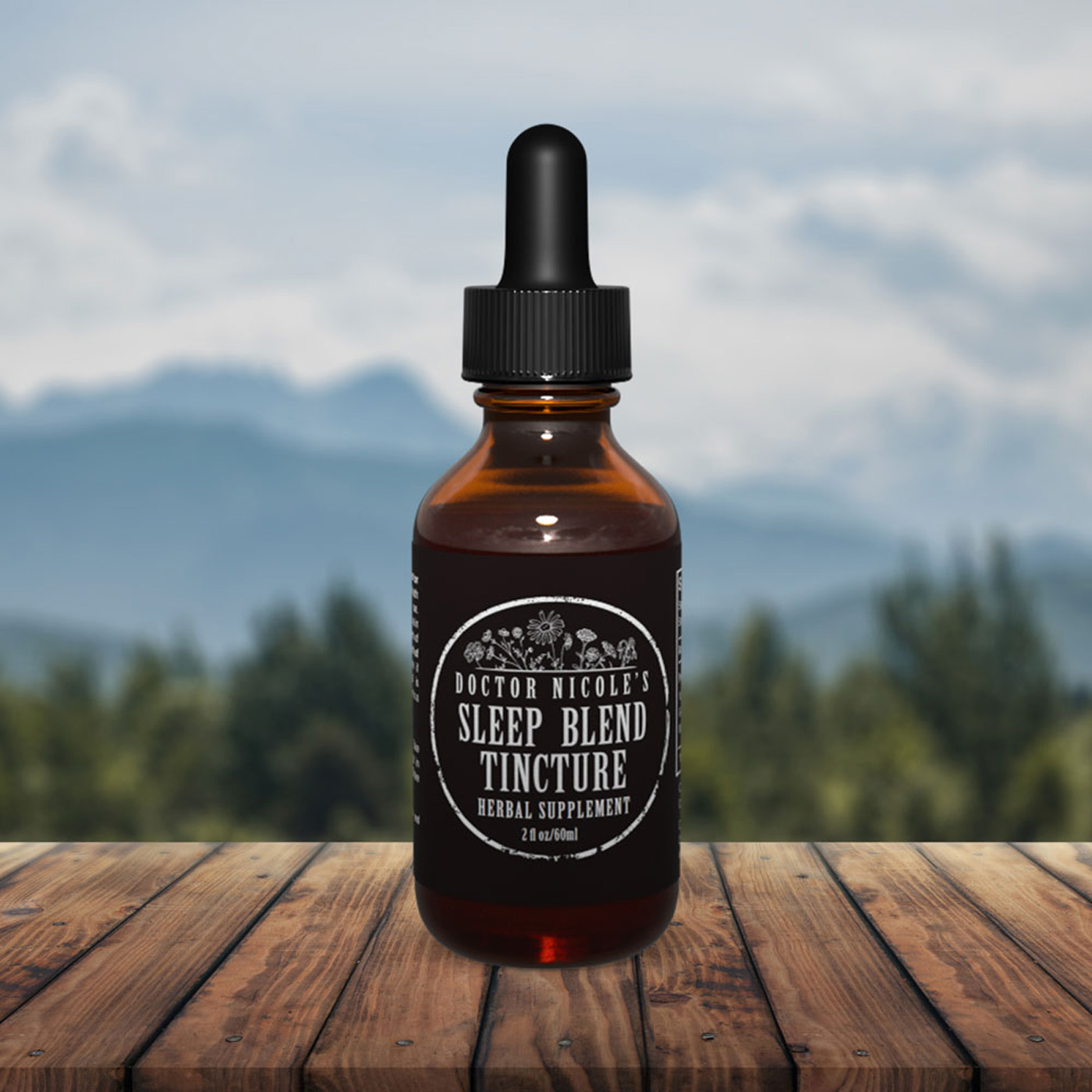A Nation Struggling with Poor Sleep
A trend has been making the rounds on social media for the last year or two with the promise of helping you to fall asleep faster by drinking lettuce water tea before bed. Considering up to 10% of the adult population has a chronic insomnia disorder and another 20% experience occasional insomnia1 and an estimated 70 million Americans suffering from the condition10, it is no wonder an easy and natural solution would be popular. However, the question remains: does it work? But first, let’s take a look at why insomnia arises in the first place.
The Top Causes of Sleep Disorders
While the above statistics are sobering, the rate of insomnia may be much higher depending on ethnicity, biological sex, or age. Consider the following:
- As many as 3 out of 4 adults 65 or older have symptoms of insomnia. Researchers suspect this may be due to age-related changes that impact circadian rhythms2. The disruptive nature of medical conditions also may play a significant role.
- Women are more likely to develop insomnia — at least one in four compared to one in five with men. The hormonal shifts during the menstrual cycle, pregnancy, and menopause are believed to be the culprits.3,4,5
- Insomnia in children is also quite common, affecting roughly one in five — particularly preteen girls. Again, changing hormones are the likely reason.6
- Ethnicity can be a factor as well. Black and Latinx individuals are much more likely to suffer from symptoms of low-quality sleep and shorter duration than white individuals. Socioeconomic factors are believed to play a large role in this trend.7,8
Other risk factors include:
- Psychiatric disorders
- Night shift work
- Disruptive sleep environments
- Stress
- Familial history
- Taking naps
- Drinking caffeine
- Weather-related heat
- Using devices or watching television in the evening

Can Lettuce Water Tea Help?
The original post on TikTok claiming lettuce water helps to promote sleep is a simple one: a cup of chopped lettuce is steeped with peppermint in boiling water for several minutes, then enjoyed shortly before heading off to bed.
The premise behind the tea is that lettuce contains a milky substance by the name of lactucarium, which has mild analgesic and sedative properties. One small study using animal models found the seed and leaf extracts of romaine lettuce “induced an increase in the sleep duration at low and high doses respectively. The seed extract of romaine lettuce showed higher content of polyphenols, including caftaric acid, chlorogenic acid, and chicoric acid, compared to the leaf extract.”9
This led the researchers to conclude: “Romaine lettuce is an interesting and valuable source of sleep potentiating material and contains antioxidant phenolics that protect from the oxidant stress caused by sleep disturbance.”
Another study also found that lettuce may have sleep-promoting effects — at least in mice. The team created an extract of the plant that concentrated levels of the naturally-occuring compound n-butanol (NBF). The researchers noted that when injected, it increased sleep duration and duration, similarly to the effect induced by the pharmaceutical diazepam.12
However, experts in the field are skeptical. Christopher Winter, MD, author of the book, The Sleep Solution: Why Your Sleep is Broken and How to Fix It, and physician at Charlottesville Neurology and Sleep Medicine, points out the amount of lactucarium in a cup of lettuce tea is “unlikely to do much”.13
A more reliable option is to utilize herbs that have been used traditionally for centuries to combat insomnia, such as those found in my Sleep Blend formulation.
An All-Natural Sleep Solution
Crafted with Valerian Root (Valeriana officinalis), Hops Strobile Flower (Humulus lupulus), German Chamomile Flower (Matricaria chamomilla), and Passionflower (Passiflora incarnata), our Sleep Blend is formulated to help you fall asleep faster and stay asleep longer. It boosts production of GABA, a calming brain chemical that promotes sleep. It also assists in improving sleep issues connected with menopause. Here’s how each of these herbs help to support healthy sleep patterns:
VALERIAN ROOT
Improves sleep by increasing the levels of the neurotransmitter gamma-aminobutyric acid (GABA). It decreases frequent waking, calms restless sleep, shortens the time it takes to fall asleep, and improves overall sleep quality and length. Best with regular use. It also assists in improving sleep issues connected with menopause and soothes stress & anxiety, A double-blind study of valerian root conducted in Sweden by the Foellinge Health Center found that, “forty-four percent [of the participants] reported perfect sleep and 89% reported improved sleep from the preparation” without any side effects.14
HOPS
The sedative properties of hops help relieve insomnia and anxiety. Hops boosts the production of GABA, a calming brain neurotransmitter that promotes sleep. It increases sleep time and works best in combination with valerian root. It also reduces body temperature, which helps you enter into a relaxed state for sleep.
Additional note: a flavonoid in hops has been found to help reduce weight gain, lower elevated cholesterol and reduce high blood sugar.
CHAMOMILE
Chamomile calms the nervous system and is a slight sedative. It contains apigenin, an antioxidant that can induce sleep. It also soothes muscle aches and pains that may disrupt sound sleep.
PASSION FLOWER
Passion flower is a sedative and an anxiolytic (soothes anxiety) that helps calm the body and mind, improves sleep quality, helps with ADHD symptoms, and reduces the effects of menopause — including depression and hot flashes.
Fabulous!
“This week I had two nights in a row not being able to fall asleep for hours. On the third night I took the Sleep Tincture and slept for 9 hours straight! In the morning, I felt no more groggy than I usually do first thing. Even on a good night I don’t sleep straight through like that. I feel so relieved knowing I have something that works.” -PMH
Are you ready to say good-bye to restless nights and poor sleep? Visit the apothecary today to learn more about this powerful, sleep-enhancing formulation.
Nicole Apelian
Nicole’s Apothecary Products in this Post
References
- Morin, C. M., & Jarrin, D. C. (2022). Epidemiology of Insomnia: Prevalence, Course, Risk Factors, and Public Health Burden. Sleep medicine clinics, 17(2), 173–191. https://doi.org/10.1016/j.jsmc.2022.03.003
- Nguyen V, George T, Brewster GS. Insomnia in older adults. Curr Geriatr Rep. 2019;8(4):271-290. doi:10.1007/s13670-019-00300-x
- Jehan S, Auguste E, Hussain M, Pandi-Perumal SR, Brzezinski A, Gupta R, Attarian H, Jean-Louis G, McFarlane SI. Sleep and Premenstrual Syndrome. J Sleep Med Disord. 2016;3(5):1061.
- Nowakowski S, Meers J, Heimbach E. Sleep and women’s health. Sleep Med Res. 2013;4(1):1-22. doi: 10.17241/smr.2013.4.1.1.
- National Heart, Lung, and Blood Institute. Insomnia: Causes and risk factors. https://www.nhlbi.nih.gov/health/insomnia/causes
- Calhoun SL, Fernandez-Mendoza J, Vgontzas AN, Liao D, Bixler EO. Prevalence of insomnia symptoms in a general population sample of young children and preadolescents: gender effects. Sleep Med. 2014;15(1):91-95. doi:10.1016/j.sleep.2013.08.787
- Jehan S, Myers AK, Zizi F, et al. Sleep health disparity: the putative role of race, ethnicity and socioeconomic status. Sleep Med Disord. 2018;2(5):127-133.
- Chen X, Wang R, Zee P, Lutsey PL, Javaheri S, Alcántara C, Jackson CL, Williams MA, Redline S. Racial/ethnic differences in sleep disturbances: The multi-ethnic study of atherosclerosis (MESA). Sleep. 2015 Jun 1;38(6):877-888. doi:10.5665/sleep.4732
- Kim, H. D., Hong, K. B., Noh, D. O., & Suh, H. J. (2017). Sleep-inducing effect of lettuce (Lactuca sativa) varieties on pentobarbital-induced sleep. Food science and biotechnology, 26(3), 807–814. https://doi.org/10.1007/s10068-017-0107-1
- “Sleep Facts and Stats”, Centers for Disease Control and Prevention, https://www.cdc.gov/sleep/data-research/facts-stats/?CDC_AAref_Val=https://www.cdc.gov/sleep/data_statistics.html
- Zeng, Y., Yang, J., Du, J., Pu, X., Yang, X., Yang, S., & Yang, T. (2014). Strategies of Functional Foods Promote Sleep in Human Being. Current signal transduction therapy, 9(3), 148–155. https://doi.org/10.2174/1574362410666150205165504
- Ghorbani, A., Rakhshandeh, H., & Sadeghnia, H. R. (2013). Potentiating Effects of Lactuca sativa on Pentobarbital-Induced Sleep. Iranian journal of pharmaceutical research : IJPR, 12(2), 401–406.
- “Does Lettuce Water Make You Sleepy?” Korin Miller, Medically reviewed by Roxana Ehsani, RD. Health, December 6, 2022. https://www.health.com/condition/sleep/lettuce-water-make-you-sleepy
- Lindahl O, Lindwall L. Double blind study of a valerian preparation. Pharmacol Biochem Behav. 1989 Apr;32(4):1065-6. doi: 10.1016/0091-3057(89)90082-8. PMID: 2678162. https://pubmed.ncbi.nlm.nih.gov/2678162/






